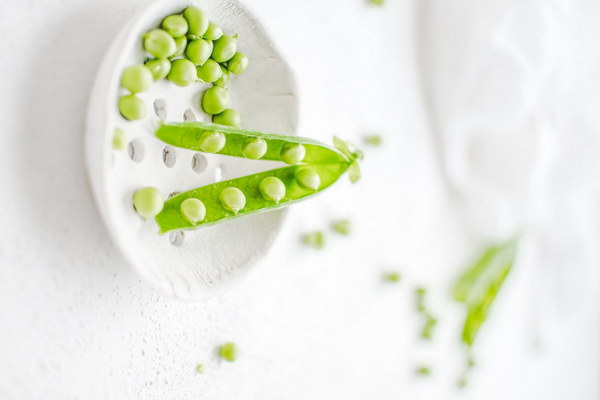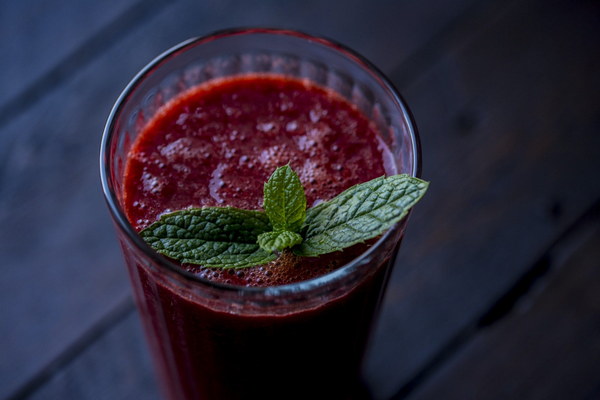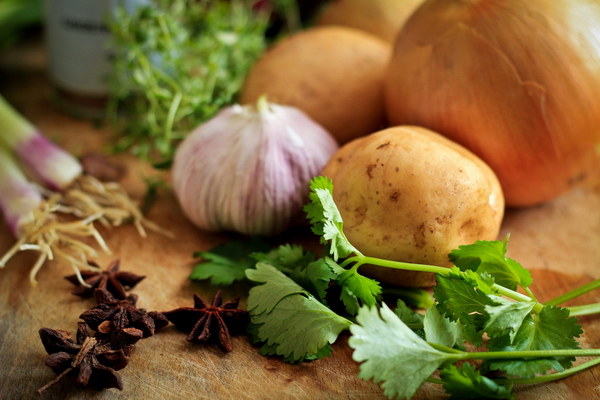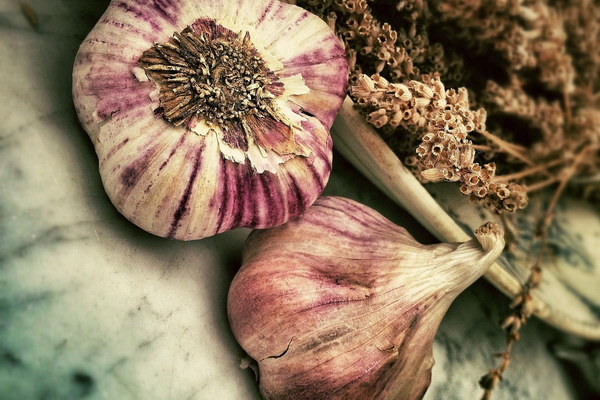Maximizing Kidney Health A Guide to Dietary Choices and Medications
Introduction:
Kidney health is a crucial aspect of overall well-being. The kidneys play a vital role in filtering waste and toxins from the blood, maintaining fluid balance, and producing essential hormones. To ensure optimal kidney function, it is important to adopt a healthy lifestyle, including proper diet and medication. This article explores various dietary choices and medications that can help support kidney health.
I. Dietary Choices for Kidney Health:
1. Increase Water Intake:
Drinking plenty of water is essential for kidney health. It helps flush out waste products and toxins from the body. Aim for at least 8-10 glasses of water per day, depending on your body's needs.
2. Limit Salt Consumption:
Excessive salt can lead to high blood pressure, which puts extra strain on the kidneys. Reduce salt intake by avoiding processed foods, using herbs and spices for flavor, and checking food labels for hidden sources of sodium.
3. Choose Healthy Proteins:
Opt for lean proteins such as chicken, turkey, fish, beans, and tofu. These foods are rich in essential amino acids and can help maintain kidney function. It is important to limit red meat consumption, as it can be high in saturated fats and purines, which may contribute to kidney damage.

4. Incorporate Fruits and Vegetables:
A diet rich in fruits and vegetables provides essential vitamins, minerals, and antioxidants. Aim for a variety of colorful produce to ensure a wide range of nutrients. Some kidney-friendly fruits and vegetables include apples, bananas, berries, carrots, cucumbers, and spinach.
5. Limit High-Potassium Foods:
Excess potassium can be harmful to individuals with kidney disease. Limit high-potassium foods such as bananas, oranges, tomatoes, potatoes, and beans. Consult with a healthcare professional for personalized dietary recommendations.
6. Avoid Certain Foods and Beverages:
Some foods and beverages can be harmful to kidney health, including caffeine, alcohol, and high-phosphorus foods. It is essential to limit or avoid these substances, especially if you have kidney disease.
II. Medications for Kidney Health:
1. ACE Inhibitors and ARBs:
Angiotensin-converting enzyme (ACE) inhibitors and angiotensin II receptor blockers (ARBs) are commonly prescribed medications for individuals with kidney disease. They help lower blood pressure and reduce the workload on the kidneys.
2. Diuretics:
Diuretics, also known as water pills, help remove excess fluid from the body and reduce swelling. They are often used to manage high blood pressure and kidney disease.
3. Vitamin D Supplements:
Vitamin D plays a crucial role in maintaining bone health and kidney function. In some cases, individuals with kidney disease may require vitamin D supplements to prevent bone loss.
4. Phosphate Binders:
Phosphate binders are prescribed to control high blood levels of phosphorus, which can be harmful to the kidneys. These medications are taken with meals and can help prevent the absorption of dietary phosphorus.
5. Medications for Anemia:
Kidney disease can lead to anemia, a condition characterized by a lack of red blood cells. Medications such as erythropoiesis-stimulating agents (ESAs) may be prescribed to stimulate red blood cell production.
Conclusion:
Maintaining kidney health is essential for overall well-being. By adopting a balanced diet, limiting certain foods and beverages, and taking appropriate medications, individuals can support optimal kidney function. It is crucial to consult with a healthcare professional for personalized dietary and medication recommendations, especially if you have kidney disease or are at risk of developing it.









